This article uses sounds and videos
Interfaith excursion in Tunis
Small numbers of Jews and Christians still contributes to a certain religious diversity in Tunisia where the majority is Sunni Muslims. They have little knowledge about each others’ religions.
A small Jewish community reside in the capital Tunis.
There are different Christian confessions in Tunis, including the Catholic tradition and the Anglican tradition.
The Al-Zitouna mosque is located in the old part of Tunis (the Medina). It is the most important mosque in Tunisia.
See the full film Pilgrims in Tunis
Explore more
How is religious diversity visible in your local community? I.e. places of worship (buildings and shrines) festivals, clothing, food, music etc.
How do you get to know about other religions in your local community? I.e. teaching in schools, through friends and family, by visiting other religious buildings etc.
More video stories
These video and photo stories include learning materials for use in education.

Bali
Unity
Bali deal with religious diversity both in the community and within a family
Available languages
English | Melayu | Bahasa Indonesia
For educators
On this page you find pedagogical principles and tools aiming to prevent or combat group hostility based on prejudices, and inspire for co-existence across religious and ethnic divides.
Contributors and sponsors
Thanks for financial support from the Norwegian Ministry of Foreign Affairs and Norwegian Agency for Development Cooperation (NORAD)

Thanks to our partners and contributors, including:

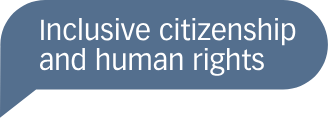
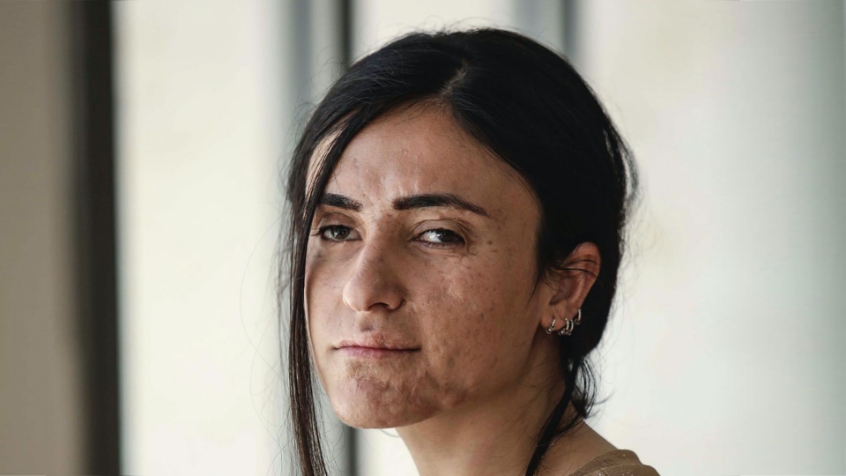
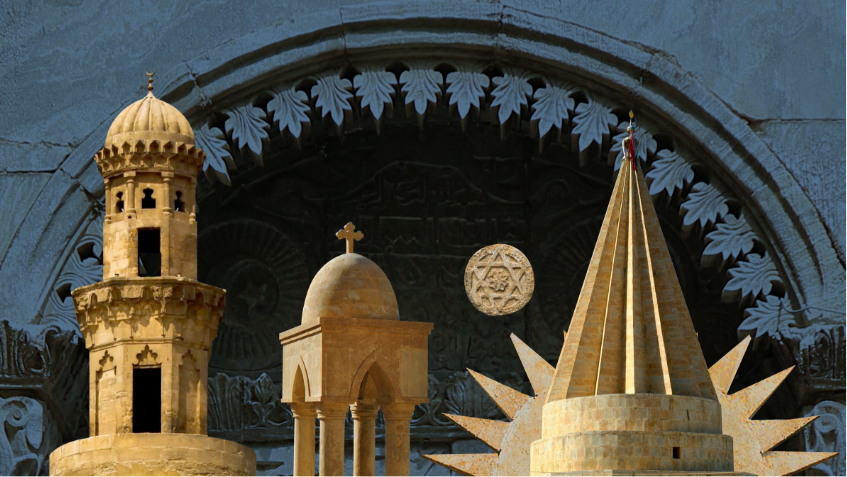

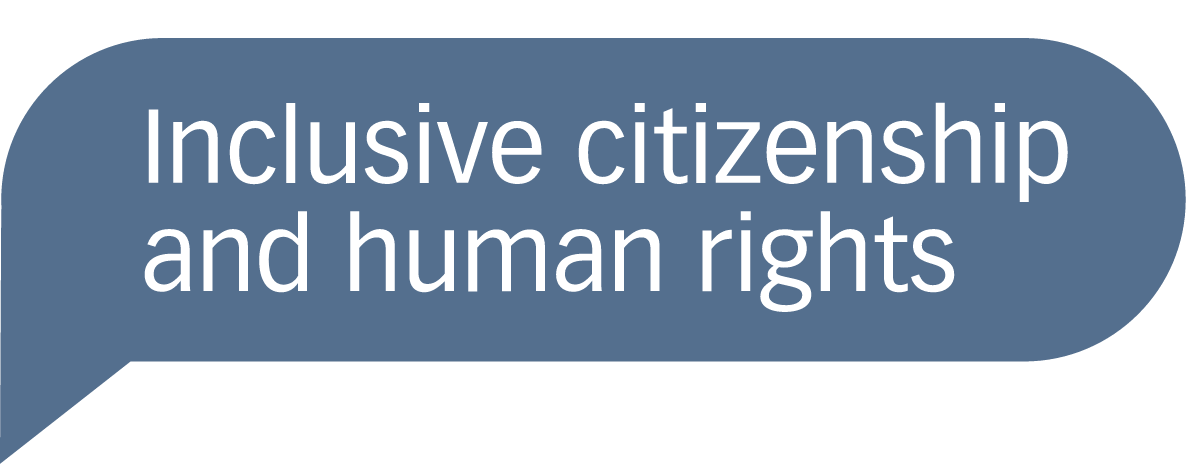
You must be logged in to post a comment.